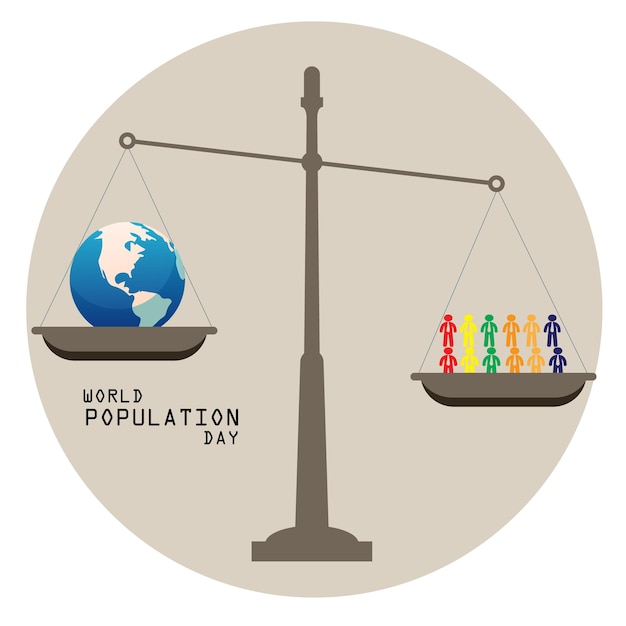Understanding Your Rights: US Workplace Discrimination Laws in 2025

Understanding your rights as a US worker regarding workplace discrimination laws in 2025 is crucial for ensuring a fair and respectful work environment, protecting you from illegal biases based on protected characteristics.
Are you aware of your rights as a worker in the United States? Understanding Your Rights: What Every US Worker Needs to Know About Workplace Discrimination Laws in 2025 is essential to protecting yourself from unfair treatment in the workplace.
Understanding Federal Anti-Discrimination Laws
Navigating the complexities of workplace discrimination laws can be challenging. However, a solid understanding of these regulations is vital for every US worker. Federal laws provide a baseline of protection against various forms of discrimination.
Title VII of the Civil Rights Act of 1964
Title VII stands as a cornerstone of anti-discrimination law, prohibiting discrimination based on race, color, religion, sex, and national origin. This applies to employers with 15 or more employees.
The Americans with Disabilities Act (ADA)
The ADA protects qualified individuals with disabilities from discrimination in employment. It requires employers to provide reasonable accommodations to enable individuals with disabilities to perform essential job functions.
- Protects individuals with physical or mental impairments.
- Requires reasonable accommodations by employers.
- Covers hiring, firing, promotions, and other job aspects.

Understanding these federal laws is just the first step. Many states and localities have their own anti-discrimination laws that may provide even greater protection.
State and Local Anti-Discrimination Laws
While federal laws set a national standard, state and local laws often expand upon these protections. These laws can vary significantly, offering additional safeguards for employees.
Variations in State Laws
Some states include protections for characteristics not covered by federal law, such as sexual orientation and gender identity. These variations can impact how discrimination claims are handled.
Local Ordinances and Regulations
Cities and counties may also enact their own anti-discrimination ordinances. These local laws can address specific issues within the community and provide a more tailored approach to preventing discrimination.
State and local laws can offer broader definitions of protected classes and provide additional avenues for recourse in cases of discrimination.
Recognizing Workplace Discrimination
Workplace discrimination can manifest in many forms, some more subtle than others. Recognizing these behaviors is crucial for protecting your rights and fostering a fair work environment.
Direct Discrimination
Direct discrimination involves explicit discriminatory actions or policies. This includes openly refusing to hire, promote, or provide benefits based on protected characteristics.
Examples of direct discrimination can be blatant. For instance, a hiring manager stating they won’t hire someone because of their race or religion is clearly discriminatory.
Indirect Discrimination
Indirect discrimination occurs when a policy or practice appears neutral but has a discriminatory effect on a protected group. This can be more challenging to identify.
- Policies that disproportionately affect a protected group.
- Practices that appear neutral but lead to unequal outcomes.
- Can be unintentional but still unlawful.
Understanding the nuances of direct and indirect discrimination is essential for identifying and addressing these issues effectively. Being able to recognize potential discrimination is crucial for protecting your rights.
Filing a Discrimination Complaint
If you believe you’ve experienced workplace discrimination, knowing how to file a complaint is essential. The process can vary depending on the nature of the discrimination and the relevant laws.
EEOC Complaint Process
The Equal Employment Opportunity Commission (EEOC) is responsible for enforcing federal anti-discrimination laws. To file a complaint with the EEOC, you must follow specific procedures and timelines.
State and Local Agency Procedures
Many states and localities have their own agencies for handling discrimination complaints. These agencies may have different procedures and deadlines than the EEOC.

Navigating the complaint process can be complex, but understanding the steps involved can help you protect your rights and seek appropriate remedies after experiencing discrimination. Make sure to document everything that happens and consult with an attorney.
Retaliation Protection for Employees
Employees who report discrimination are protected from retaliation. Retaliation occurs when an employer takes adverse action against an employee for asserting their rights under anti-discrimination laws.
What Constitutes Retaliation?
Retaliation can take many forms, including termination, demotion, harassment, and denial of benefits. Employers are prohibited from retaliating against employees who report discrimination.
Employees who report discrimination, participate in investigations, or oppose discriminatory practices are protected from retaliation under federal and state laws.
Taking Action Against Retaliation
If you experience retaliation, you have the right to file a complaint with the EEOC or a state/local agency. Documenting the retaliatory actions is crucial for building a strong case.
- Document all instances of retaliation.
- File a complaint with the relevant agency.
- Seek legal counsel if necessary.
Understanding your rights regarding retaliation is essential for ensuring that you can report discrimination without fear of reprisal. Retaliation is illegal, and there are legal avenues to pursue if you experience it.
Staying Informed About Legal Changes
Workplace discrimination laws are subject to change, so staying informed about the latest developments is crucial. Keeping up-to-date with legal updates ensures you are aware of your rights and protections.
Following Legal News and Updates
Staying informed about legal changes can be achieved by consulting legal news websites, subscribing to legal newsletters, and following updates from government agencies.
Consulting with Legal Professionals
For personalized advice and guidance, consulting with an employment law attorney is highly recommended. Legal professionals can provide insights into how changes in the law may affect your specific situation.
Staying informed and seeking professional advice ensures that you are well-prepared to address workplace discrimination issues and protect your rights effectively.
| Key Point | Brief Description |
|---|---|
| ⚖️ Federal Laws | Title VII and ADA protect against discrimination based on race, gender, religion, disability, etc. |
| 🛡️ Retaliation | Employees are protected from retaliation for reporting discrimination. |
| 🏢 State Laws | State and local laws may offer broader protections than federal laws. |
| 📝 Filing a Complaint | The EEOC and state/local agencies handle discrimination complaints. |
▼
Workplace discrimination involves treating employees or applicants differently based on protected characteristics such as race, gender, religion, or disability. This can include unequal pay, hiring practices, or promotional opportunities.
▼
If you experience discrimination, document the incidents, report it to your HR department, and consider filing a complaint with the EEOC or a state/local agency. Consulting with an attorney is also advisable.
▼
Retaliation occurs when an employer takes adverse actions against an employee for reporting discrimination. This can include termination, demotion, harassment, or denial of benefits in response to a complaint.
▼
Staying informed can be achieved by following legal news websites, subscribing to legal newsletters, and consulting with legal professionals. Government agencies also provide updates on legal changes.
▼
Reasonable accommodations can include providing accessible workspaces, modifying work schedules, or providing assistive technologies to enable individuals with disabilities to perform essential job functions effectively.
Conclusion
Understanding Your Rights: What Every US Worker Needs to Know About Workplace Discrimination Laws in 2025 is crucial for maintaining a fair and respectful work environment. By staying informed about federal, state, and local laws, recognizing discrimination, and knowing how to take action, you can protect your rights and promote equality in the workplace.
